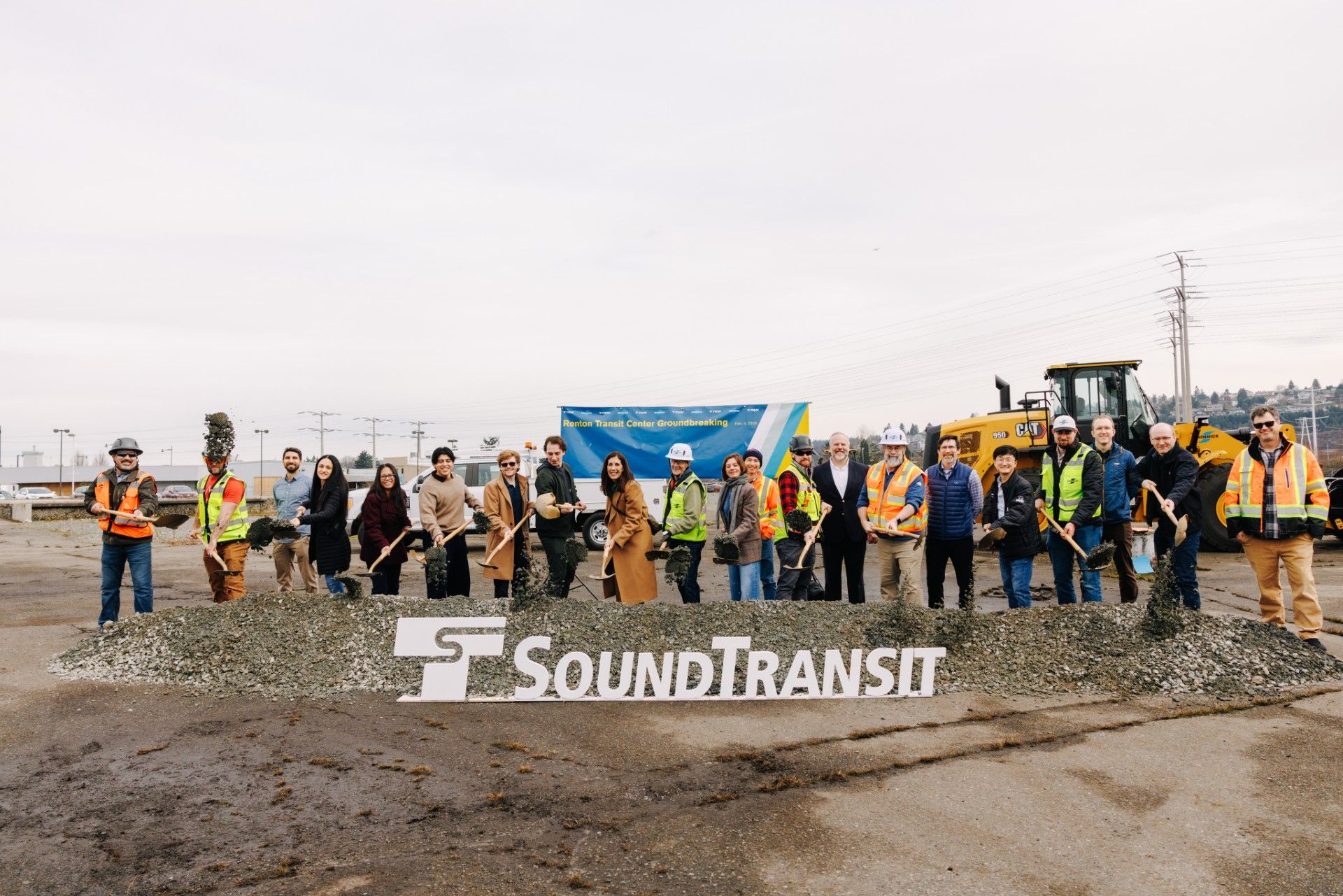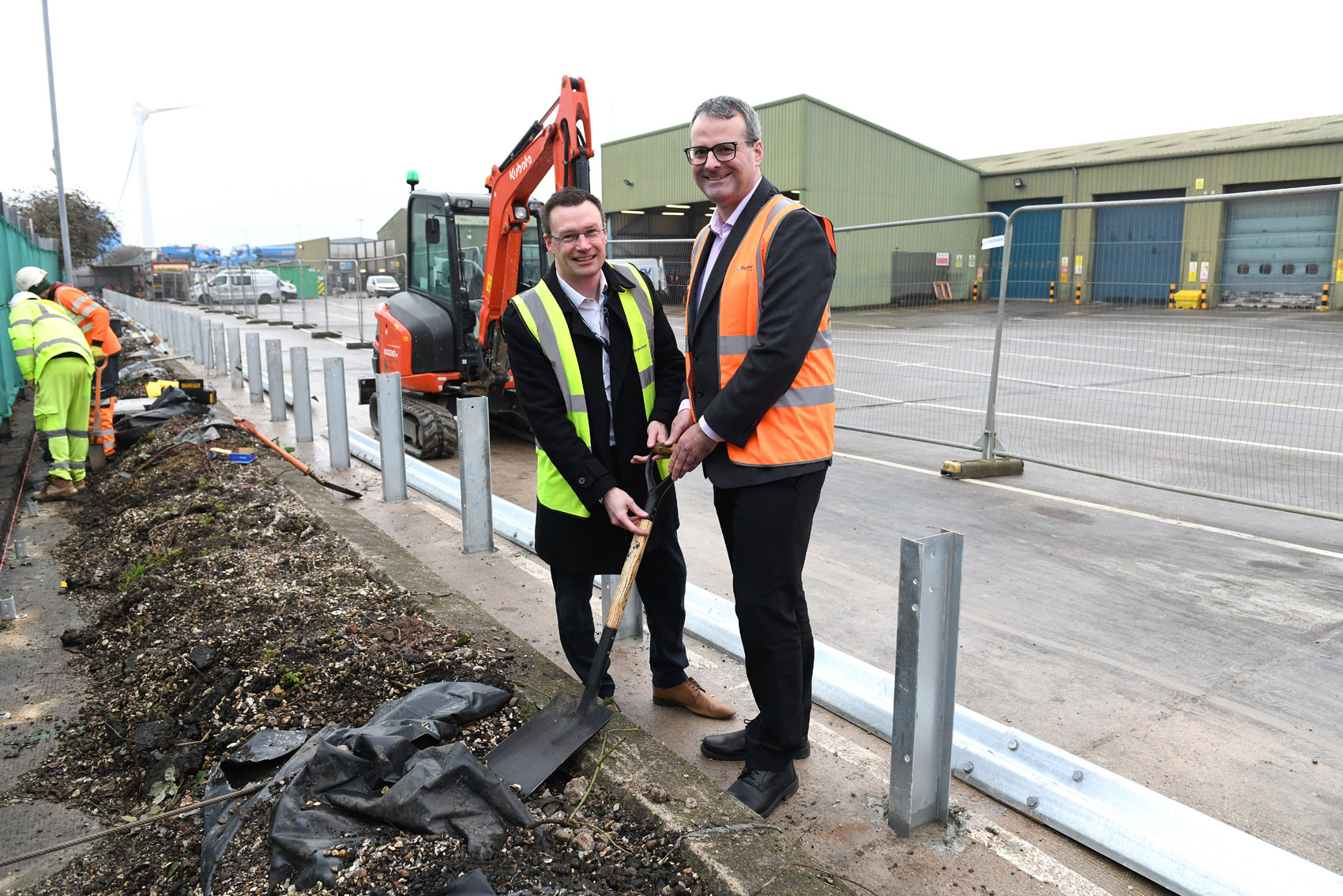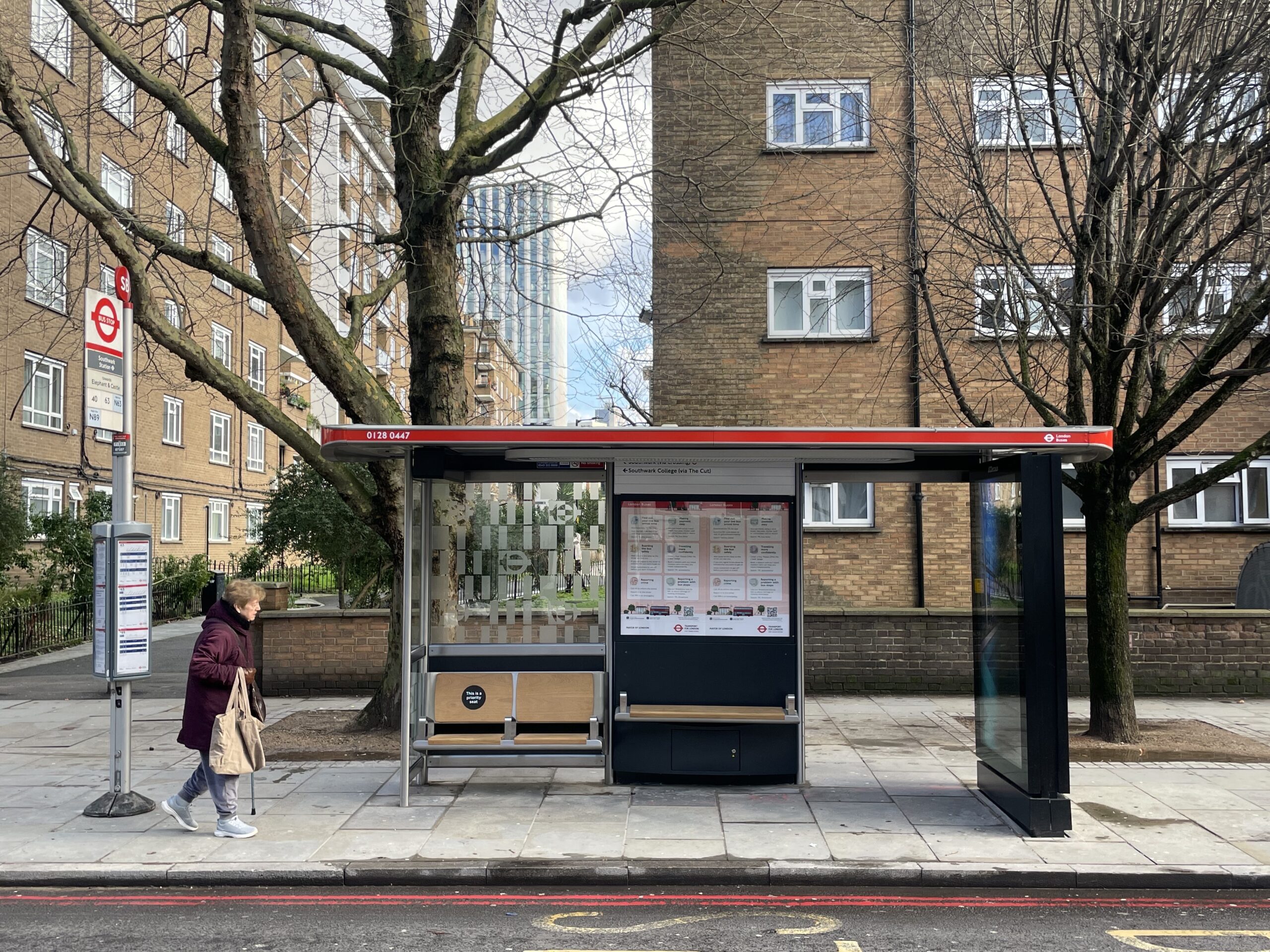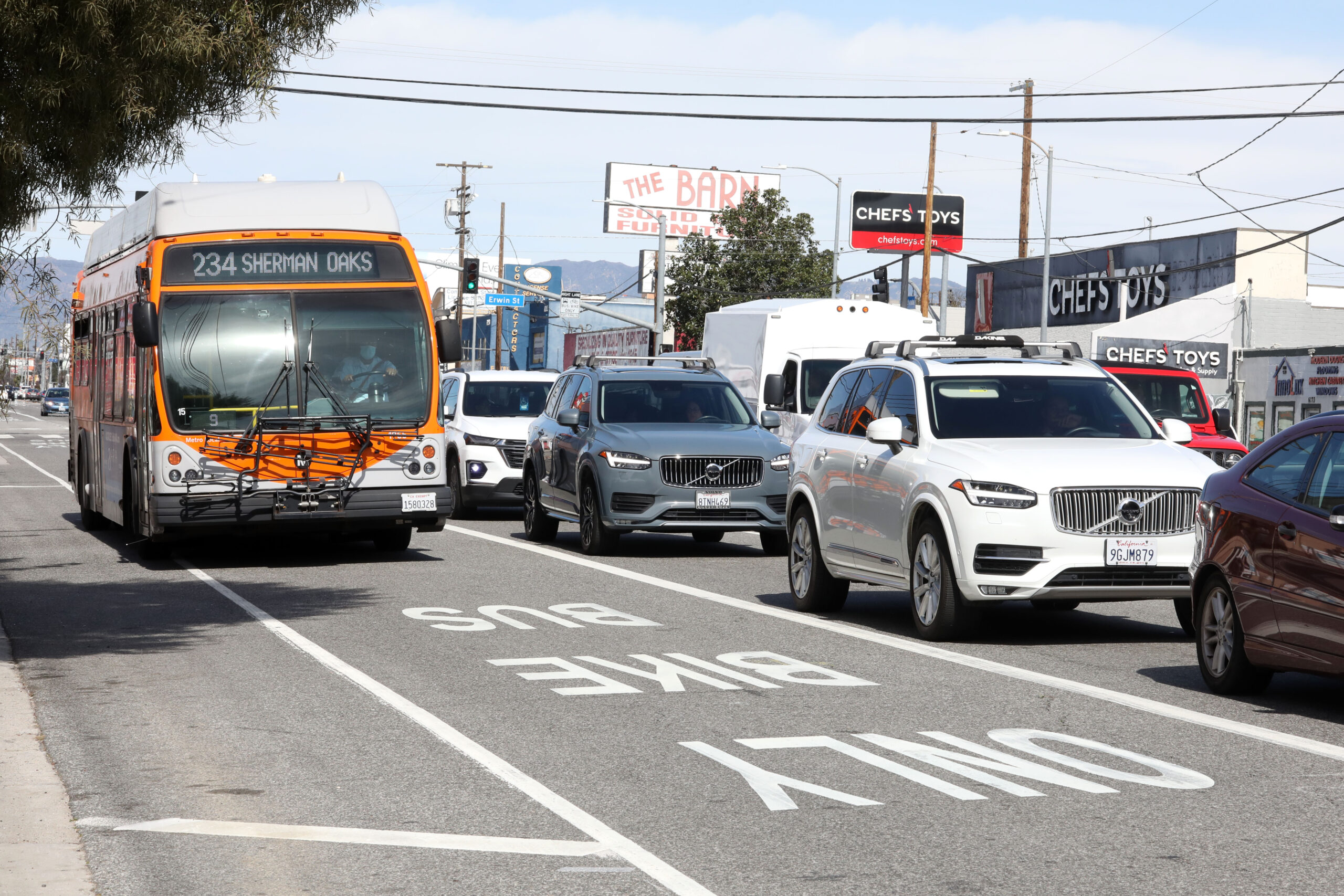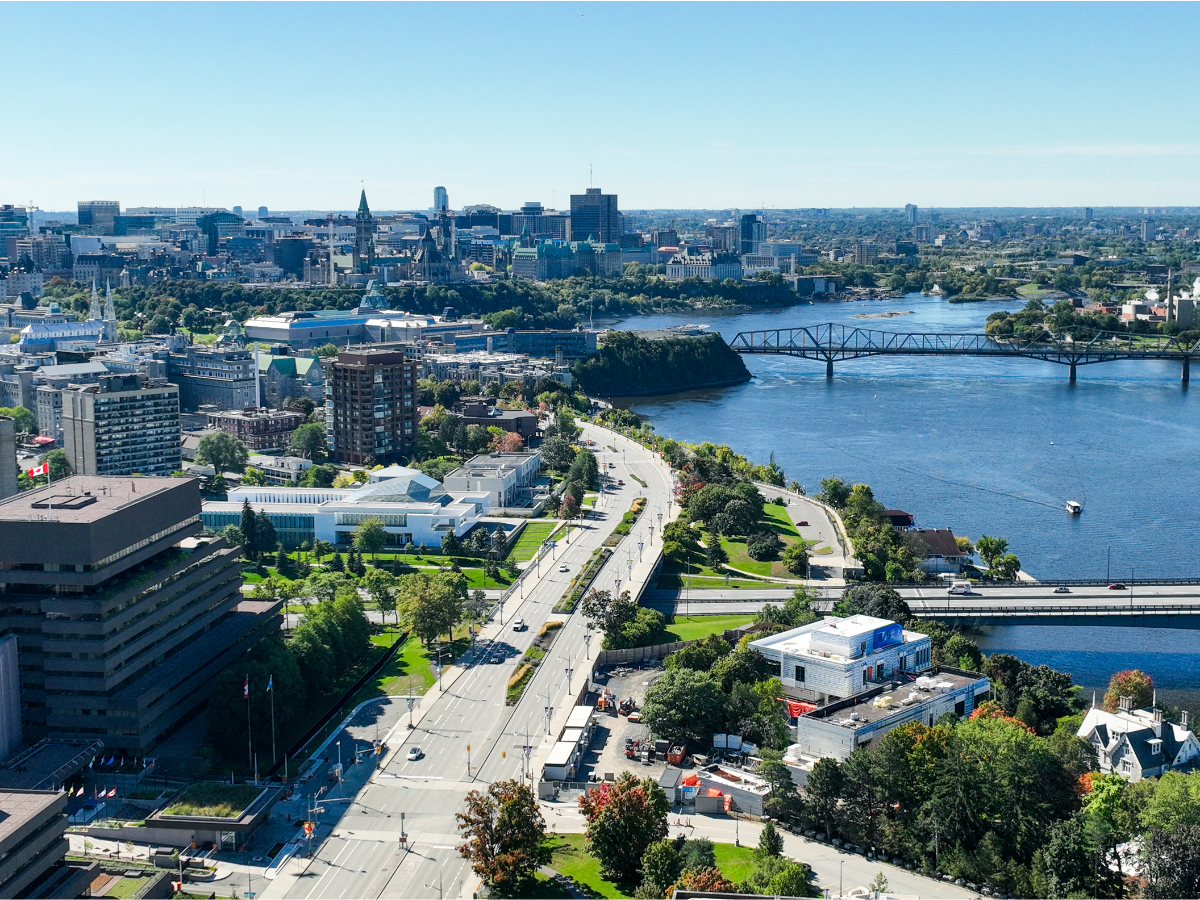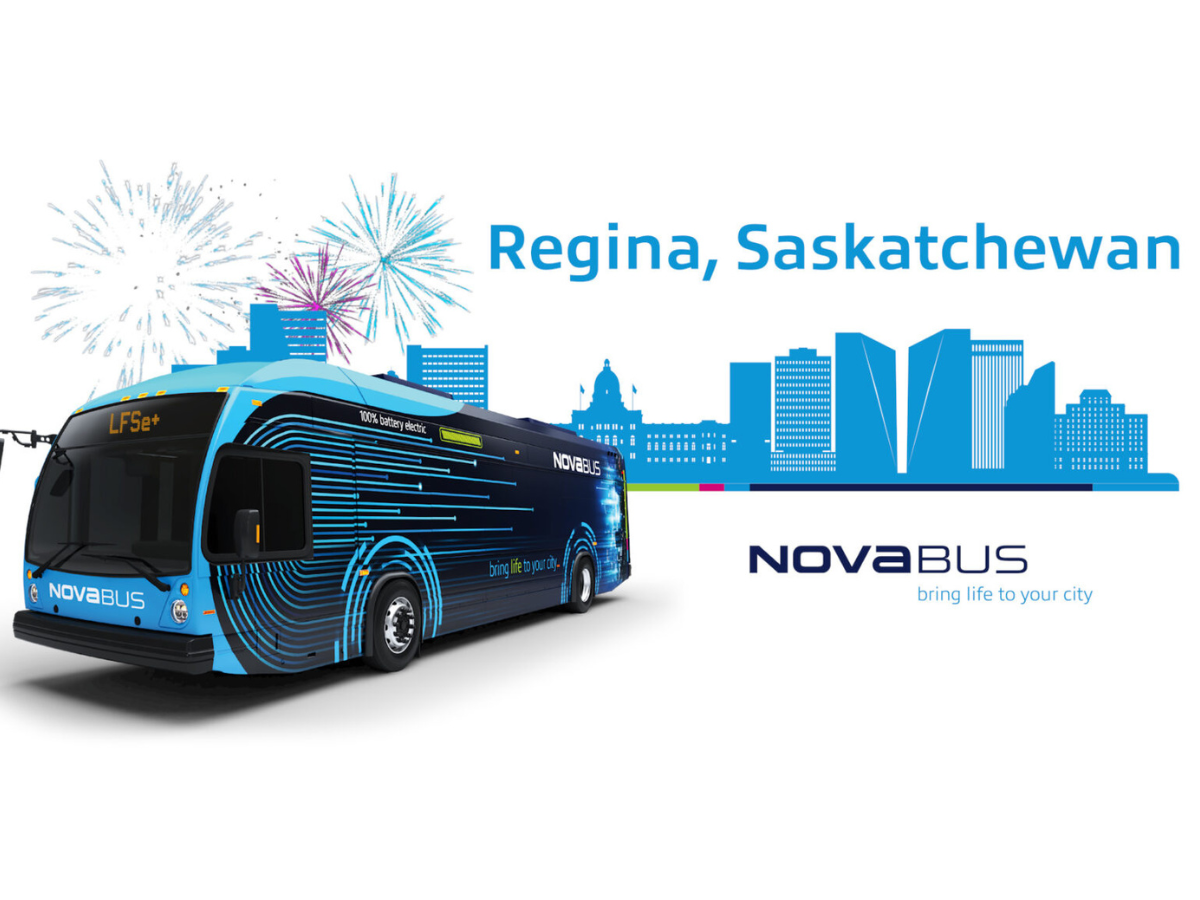TransLink has identified 20 corridors in Metro Vancouver that need increased bus priority investments to mitigate the impacts of growing traffic congestion.
This plan is part of the transit agency’s Bus Priority Vision, which identifies solutions to improve bus efficiency and make services more reliable.
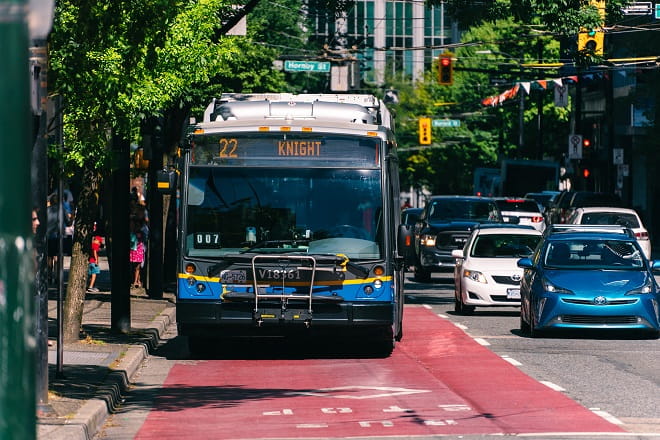
By implementing more bus speed and reliability measures, TransLink plans to make buses more reliable for customers while also saving money on operating expenses.
TransLink CEO Kevin Quinn said:As traffic gets worse throughout Metro Vancouver, our customers spend more time stuck on buses and less time moving. Bus delays cost us more than $80 million each year, and we are committed to developing new bus priority measures that will mitigate those costs and get our customers where they need to go faster.
Currently, bus riders in Metro Vancouver spend over 28,000 combined hours stuck in traffic each weekday. Nearly half (45 percent) of these delays take place on the 20 identified corridors, despite them making up just 15 percent of the transit network.
The 20 priority corridors are displayed on the map below:
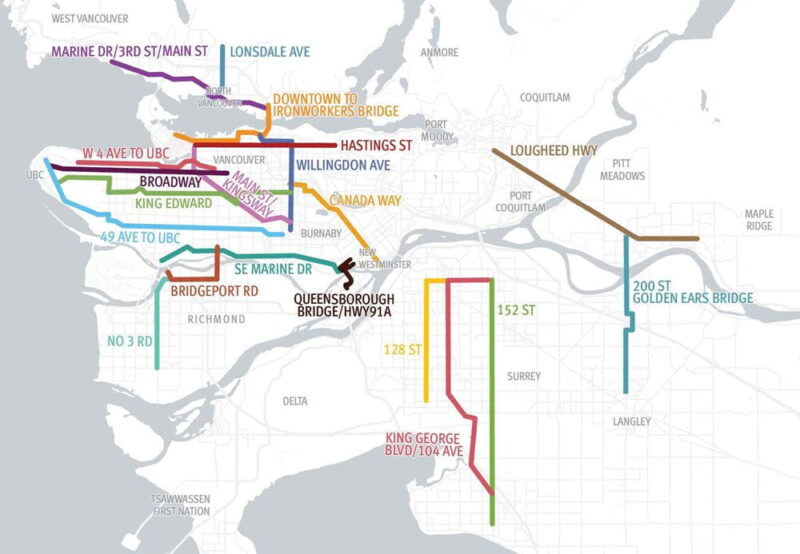
These corridors were determined by considering average bus delays, ridership volumes and existing infrastructure while accounting for different locations throughout Metro Vancouver.
Additional studies will help determine the specific improvements needed on these corridors. Some examples of bus speed and reliability improvements include:
- Dedicated bus lanes
- Approach lanes
- Queue jumps
- Balancing distances between bus stops
- Turn restrictions
- Signal improvements and upgrades
TransLink now plans to secure funding for its 10-Year Access for Everyone Plan, which includes expanded bus speed and reliability measures.











